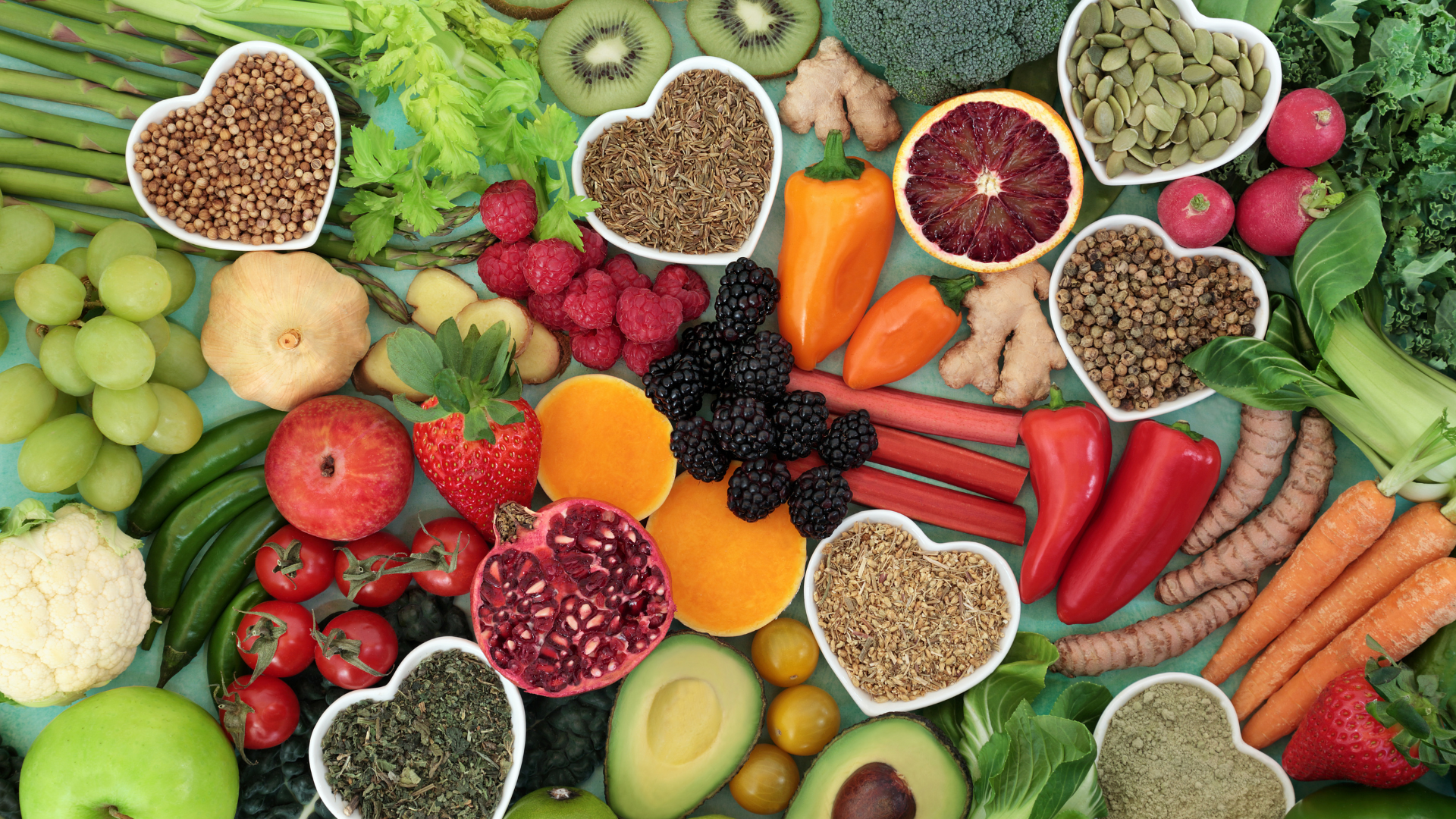Diabetes: Type 2
This information is not intended to replace appropriate professional advice. Please check labels for contraindications and consult your pharmacist if you take prescription drugs.
As you gradually make changes you can bring about positive results in your overall well-being. Good health is by design, not by accident 😊
A Balancing Diet
- Drink 7-10 glasses of unchlorinated water daily.
- Consume a diet of 75-80% alkaline forming foods and check PH periodically.
Chart available.
- Go organic. Various chemicals and pesticides are associated with diabetes.
- Make fruits and vegetables, raw seeds and nuts, beans and legumes, and gluten free whole grains the mainstays of your diet. There is evidence that a (mainly) whole food plant based diet is your best strategy for reversing diabetes. Forks Over Knives has helpful resources and very satisfying recipe ideas.
- Eat complete protein no later than lunch for better digestion of amino acids.
- Culinary spices cinnamon, turmeric, and cayenne help regulate blood sugar.
- Garlic is also effective and offers strong protection for the cardiovascular system.
- 1-3 tbsp ground flax for fiber, fatty acids, and hormone balance.
- Coconut and MCT oil increase energy and regulate blood sugar.
- Apple cider vinegar lowers blood sugar and decreases fat storage. 1-2 tsp in water with meals improves digestion and reduces glycemic index by as much as 30%.
- Avoid refined sugar, white rice, artificial sweeteners, and alcohol.
- Cook gently. High temperatures generate advanced glycation end products (AGEs) and acrylamides that contribute to diabetes symptoms.
Supplements - to avoid common deficiencies
- Bio-Strath tablets – improves digestion of fats, carbohydrates and proteins.
- Vitamin D 8,000 IU for one month then reduce to the upper limit of 4,000 IU – a deficiency is associated with type 2 diabetes.
- Chlorophyll (for magnesium) – regulates blood sugar, improves immunity.
- Omega 3 fatty acids – regulates inflammation.
- Probiotics intermittent use - balances pH, strengthens immune system.
Special Care for Diabetes
- Berberine is one of the most effective remedies for lowering blood sugar. It facilitates weight loss, lowers LDL, raises HDL, and protects the heart.
- Alpha lipoic acid helps relieve symptoms of diabetic neuropathy
- Quercetin protects the eyes and aids in preventing diabetic retinopathy.
- Exercise is important to maintain a healthy weight, regulate blood sugar, have fun, and feel great! A brisk daily walk in the fresh air is always beneficial. In fact, a recent Harvard study showed that even a 2 minute walk after meals can significantly lower blood sugar!
- Keep all pathways of elimination unobstructed. Dry body brush to keep skin pores open and encourage lymphatic drainage. Take sufficient chlorophyll to keep bowel moving easily.
- Breathe deeply, exhale completely. Lungs expel gases that can cause respiratory acidosis in the same way high blood sugar can cause ketoacidosis.
- Dr Zack Bush has developed a 4 Minute Workout (also known as The Nitric Oxide Dump.) Performed 2-3 times daily it increases metabolism and nitric oxide for healthy muscles and increased energy. View online.
Journal and track your progress for a few months. Many people have told us they sleep better, have more energy, lost unwanted weight, look younger, and enjoy a whole new excitement about life. We hope you will have similar results.
You were meant to be happy and healthy 😊
*Revised September 2024










